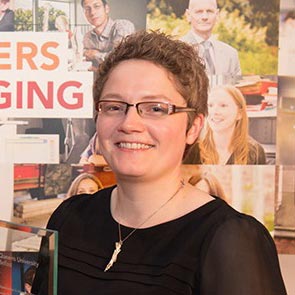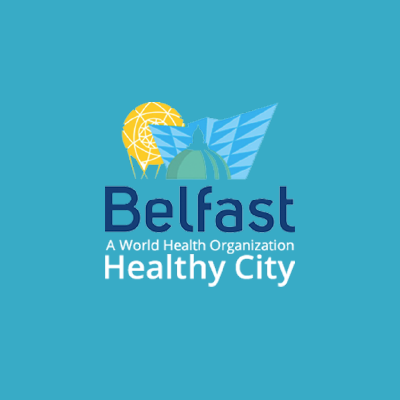Project Overview
As the number of people worldwide living with dementia and cognitive impairment is increasing, mainly due to people living longer, we want to determine how where we live affects brain health as we get older. The complex social and physical environments where we live make some people more vulnerable than others to developing cognitive impairment. In other words, the factors that account for who is most likely to develop cognitive ill- health due to the environment has less to do with ‘how’ we live and more to do with ‘where’ we live. We do not know how these factors interact to make urban environments a problem for brain health, nor which are the best policies and interventions for promoting healthy ageing and brain health. As more of us are now living in towns and cities, it has never been more important that the environment where we live is designed and improved to maximise brain health.
Our study will analyse data from over 8,000 older people in Northern Ireland, provided by the Northern Ireland Cohort for the Longitudinal Study of Ageing (NICOLA Study), and linking this, to information about where they live (e.g., air pollution, the toxins in soil, or how walkable neighbourhoods are). We will also collect new data on a subgroup of 1,000 older people including more in-depth measures of brain health and better measures of physical activity.
The project will provide evidence for policies and practices that provide supportive urban environments to promote healthy ageing, including the promotion of brain health. This could include using creative urban designs to support people to adopt and maintain healthier lifestyles such as being more active.
From the outset and throughout this project we will promote transdisciplinarity and engage with expert community advocates and stakeholders to develop the evidence base. By doing so, we will be able to determine how urban environments can improve brain health and deliver high-impact research, with multiple beneficiaries in Northern Ireland, the United Kingdom (UK) and beyond. This will include: older people; the general public; public health practitioners; urban designers and planners, architects, landscape architects; business and industry; and policymakers across the UK.
Engagement with Older People
Older people will have a central role in the management and conduct of the research. For example, their views will be sought via our planned workshops and we have set up an Older People’s Reference Panel (OPRG), with individuals having a clear role within each work package. Indeed, the OPRG has already been consulted in the development of this award to discuss core aspects such as the impact of COVID-19 pandemic and mitigation strategies. They will also play a key role in focus group discussions relating to important built and social environments factors and in ensuring the instruments used are credible, relevant and valid with the greatest chance of producing knowledge fit for purpose, informing policy and practice. All members will be offered the opportunity to undertake training to ensure that they have the skills and confidence to make a meaningful contribution at the workshop and other engagement activities. This training will be undertaken by the former Commissioner for Older People NI and Chair of AgeNI, who has established a bespoke training programme.
Working with Business
Business and industry have a central role in the management and conduct of our research. For example; their views will be sought via our planned workshops and we have set up a Business Reference Group, clearly articulating their role within each work package. This group will provide advice on engagement and communication strategies with business and industry, and help translate our findings into products and solutions for healthy ageing and cognitive health prevention. The group comprises urban design companies, inclusive design specialists, urban regeneration social enterprises, housing providers, public transport providers, data analyst specialists (including air quality expertise) and other tech companies.
Diversity and Environments of Ageing
One of our core aims is to address diversity of ageing communities through the use of the PROGRESS-plus framework. This has been integrated within each work package to ensure that a range of inequalities are considered in our recruitment, sampling, data analysis, communication and dissemination frameworks. By implementing the PROGRESS-plus framework we will be able to deliver evidence that informs policies to promote healthy independent older years of life and evidence based recommendations to narrow the gap between richest and poorest.






